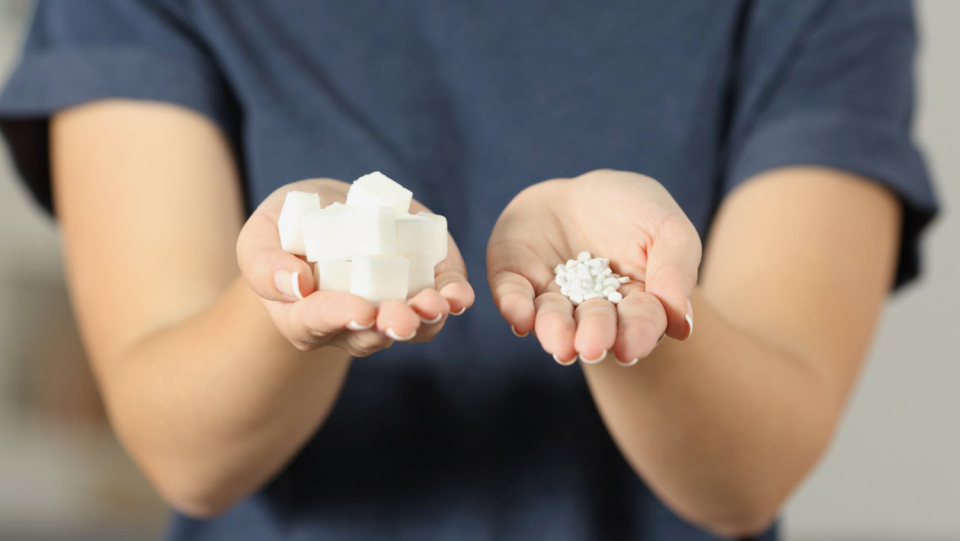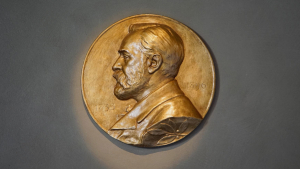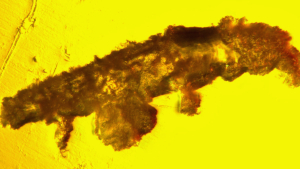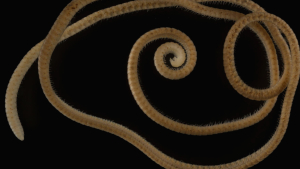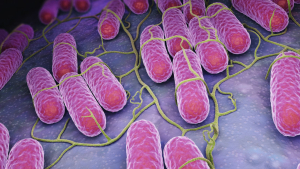Calorie-free sweeteners such as saccharin or sucralose worsen sugar metabolism and drive blood sugar higher than usual. This is the conclusion reached by a research group led by Jotham Suez from the Weizmann Institute of Science in Israel. According to the study published in the journal "Cell", for which the team studied the sugar metabolism of humans and mice, this is related to changes in the microbiome of the intestine.
The biologists and biologists searched for their experiment for subjects who without exception dispensed with sweeteners. In view of the very common use of calorie -free sugar alternatives, this was easier said than done. Nevertheless, the team finally found 120 such volunteers. They divided them into six groups. Four of them should consume tablets with saccharin, sucralose, aspartame or stevia for two weeks, and the remaining test subjects were divided into two control groups.
Before, during and after, the participants underwent several glucose tolerance tests. For this, they drank 50 grams of the simple sugar dissolved in water on an empty stomach. Using a continuously measuring sensor, such as the one used in diabetics, the researchers were able to determine how sugar intake affected blood sugar levels.
Glucose gets into the blood over the intestinal wall and lets the blood sugar level rise. This rash was significantly higher in the saccharin and the Sucralose group than before the experiment began. However, as soon as the test subjects stopped taking sweeteners regularly, the blood sugar response normalized again after a few days.
In order to find out how a calorie -free sugar substitute works, the team around Suez examined the bacteria, viruses and other microorganisms living in the intestines of the subjects. Previous studies of such intestinal microbiomas had shown that sweeteners change the intestinal flora. In this case, the biologists of the Weizmann Institute were able to use a refined method to check how the individual bacterial strains changed in numbers and document whether the microbioma acts differently after contact with sugar alternatives.
Saccharin interacts particularly strongly with the intestinal microflora
The scientists found changes in the microbiome in all four sweetener groups. These were most clearly with the participants who revenue saccharin and sucralose. Saccharin gets very slowly from the intestine into the blood, sucralose is excreted almost unchanged, which is why both fabrics can interact with the microbiome in the intestine.
In order to check whether the poorer processing of sugar is actually due to the altered microbiome, the scientists administered stool samples of the subjects to mice. The rodents had previously lived in sterile conditions and therefore did not form their own microbiome. Due to the transfer, the intestinal flora of humans moved to the mouse intestine. After that, the rodents developed blood sugar responses similar to those of the donors.
"We have to draw attention to the fact that calorie -free sweeteners for the human body are not as insignificant as originally assumed," co -author Eran Elinav told "Cell". What health effects the sugar substitutes have is still unknown. This lacks long -term studies.







